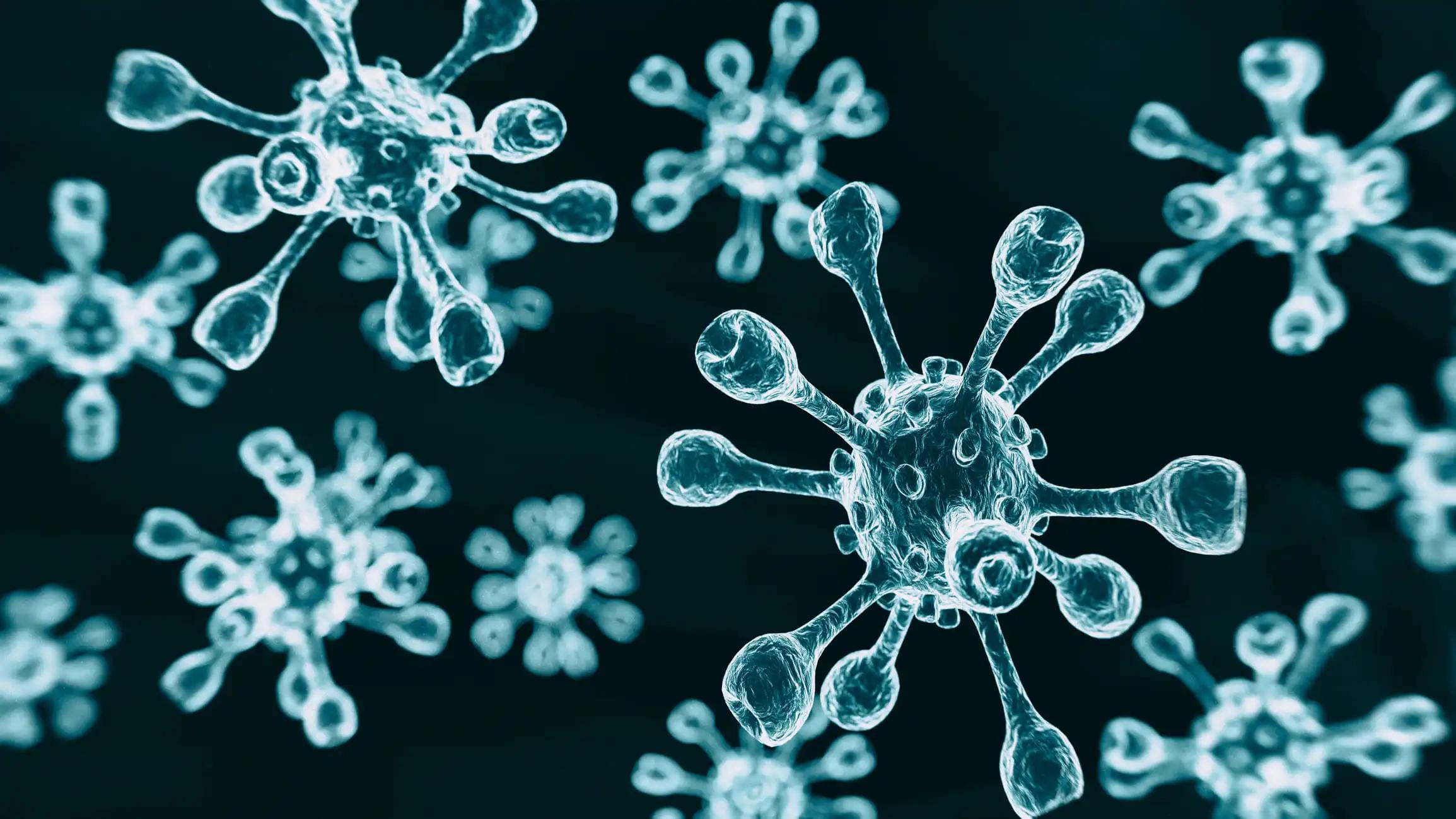KEY TAKEAWAYS
- The phase 3 trial aimed to investigate the efficacy of anti-CD20 RIT compared to ASCT as consolidation strategies in young R/R FL patients.
- The primary endpoint was to determine PFS.
- Researchers noticed similar long-term outcomes between ASCT and RIT; further investigation is still ongoing.
Optimal consolidation for young patients with relapsed/refractory (R/R) follicular lymphoma (FL) remains uncertain in the rituximab era, with an unclear benefit of autologous stem cell transplantation (ASCT). In this multicenter, randomized, phase III FLAZ12 trial, M. Ladetto and his team aimed to assess the anti-CD20 radioimmunotherapy (RIT) with ASCT as consolidation after chemoimmunotherapy, both followed by rituximab maintenance.
They performed an inclusive analysis, enrolling patients aged 18-65 with R/R FL and without significant comorbidities. Participants underwent 3 courses of conventional, investigator-chosen chemoimmunotherapies, and those achieving at least a partial response were randomized 1:1 to ASCT or anti-CD20 RIT before CD34+ collection. All subjects received post-consolidation rituximab maintenance. The primary endpoint was progression-free survival (PFS), with a target sample size of 210 (105/group).
About 164 patients were screened between August 2012 and September 2019, with 159 enrolled [median age 57 (interquartile range 49-62) years, 55% male, 57% stage IV, 20% bulky disease]. Premature closure of the study occurred due to low accrual. Data analysis, conducted on June 8, 2023, on an intention-to-treat basis, revealed a median 77-month follow-up from enrollment.
Out of 141 patients (89%), 70 were randomized to ASCT, and 71 to anti-CD20 RIT. The estimated 3-year PFS was 62% in both groups (HR 1.11, 95% CI 0.69-1.80, P = 0.6662). Similarities were observed in 3-year overall survival (OS) between the two groups.
Rates of grade ≥3 hematological toxicity were 94% with ASCT versus 46% with RIT (P < 0.001), and grade ≥3 neutropenia occurred in 94% versus 41%, respectively (P < 0.001). Second cancers were reported in nine patients after ASCT and three after RIT (P = 0.189).
The study concluded that despite premature discontinuation, there was no demonstrated superiority of ASCT over RIT. ASCT exhibited higher toxicity and resource demands. Both strategies yielded comparable and favorable long-term outcomes, underscoring the need for further investigation into milder consolidation programs for R/R FL.
The study is sponsored by Fondazione Italiana Linfomi – ETS
Source: https://pubmed.ncbi.nlm.nih.gov/37922989/
Clinical Trial: https://clinicaltrials.gov/study/NCT01827605
Ladetto M, Tavarozzi R, Zanni M, et al (2024). “Radioimmunotherapy versus autologous hematopoietic stem cell transplantation in relapsed/refractory follicular lymphoma: a Fondazione Italiana Linfomi multicenter, randomized, phase III trial.” Ann Oncol. 2024 Jan;35(1):118-129. doi: 10.1016/j.annonc.2023.10.095. Epub 2023 Nov 3. PMID: 37922989.



